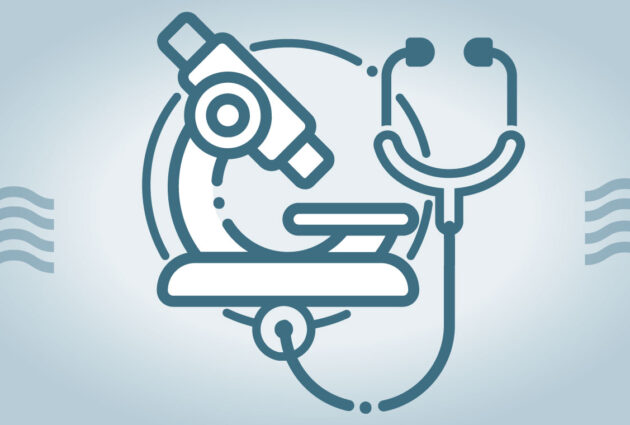Meaningful Clinical Trial Endpoints in Gliomas: A Novel Multi-modal Approach to Patients with Incurable Brain Tumor
At a Glance
This project will utilize advanced neuroimaging and molecular pathology methods to evaluate the impact of brain tumor progression on patient neurocognitive function and quality of life while incorporating metrics that are innovative to neuro-oncology research. Through enhanced understanding of cancer progression on patient quality of life, this project aims to transform treatment and care for patients with brain tumors across Wisconsin and beyond.
The Challenge
Low-grade gliomas (LGG) are incurable primary brain tumors most often diagnosed in adolescents and young adults between the ages of 10 and 45 years old with a life expectancy ranging from 5 to 15 years. Since patients with this cancer live for an average of 10 years, there are currently over four thousand Wisconsinites living with the uncertainty of LGGs. Since these tumors grow slowly, neuro-oncologists are unsure about the best time to initiate treatment. The timing of initiating therapy is a concern due the possible side effects of treatment with radiation and chemotherapy.
Project Goals
The goal of this study is to better understand the growth rate of gliomas and how neurocognitive function and quality of life correlates with glioma growth. The long term goal is to understand which factors most affect quality of life and facilitate better quality clinical trials and improve care of patients with brain tumors.
